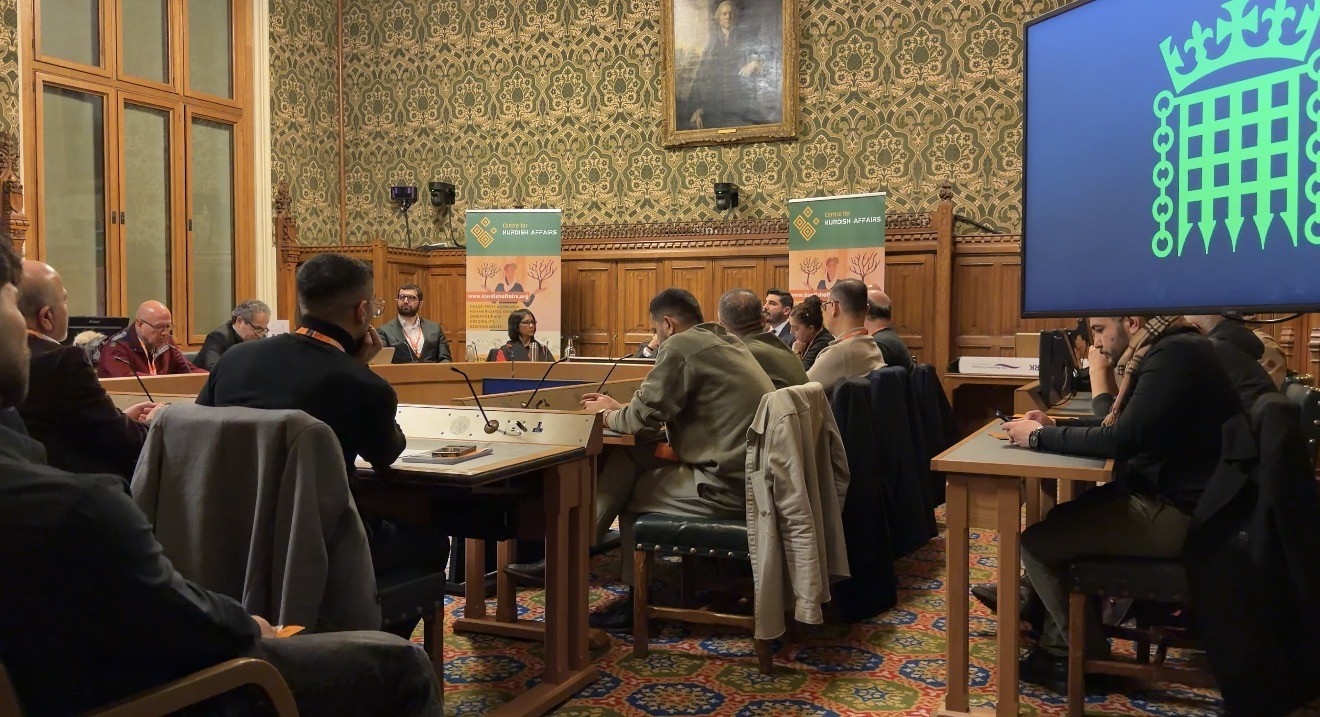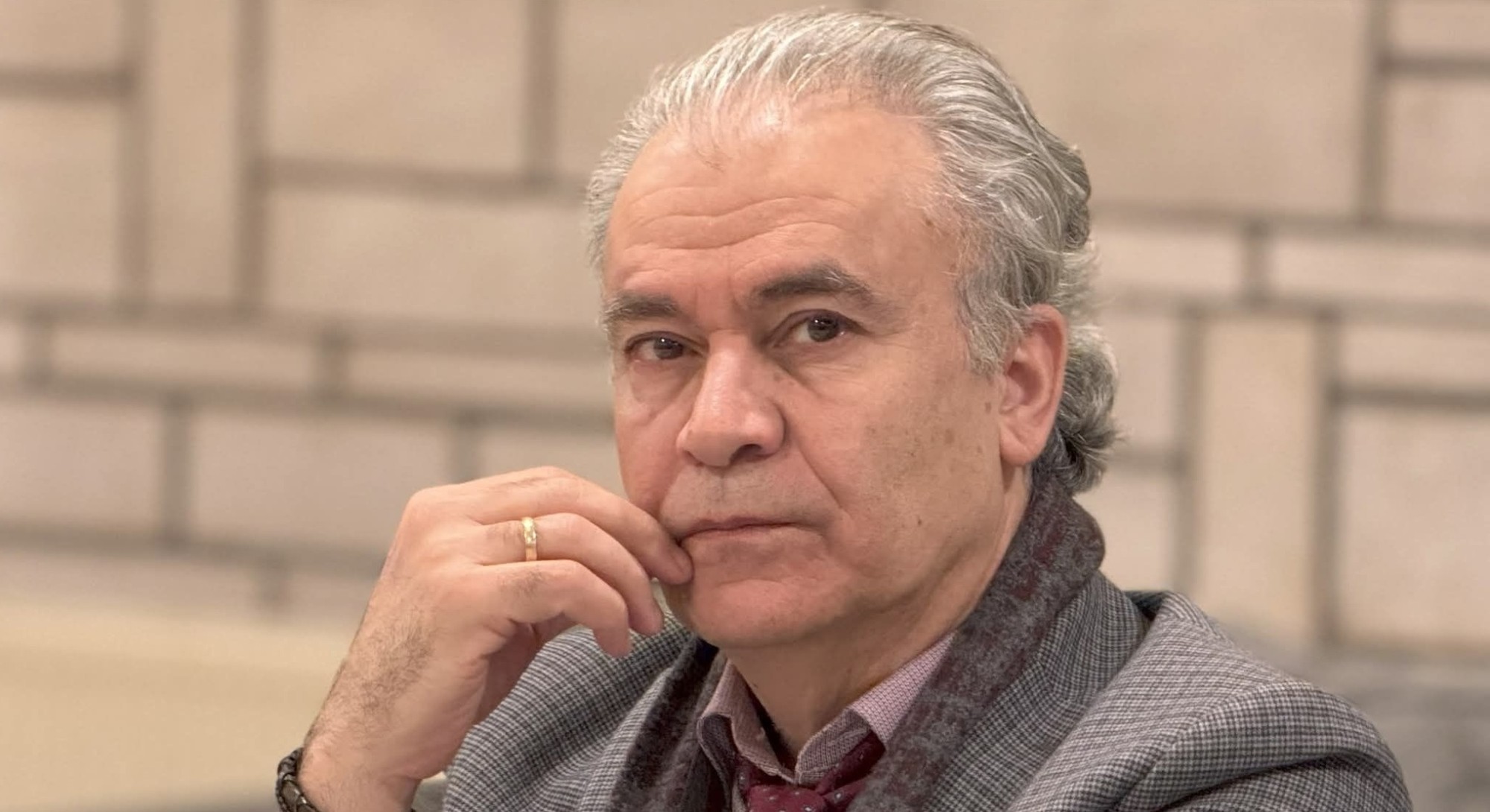Dr. Abdul Rahman Suleiman Zebari, a Kurdish judge of the Federal Supreme Court of Iraq, withdrew from the court on Tuesday in protest against recent decisions that undermine both the institutions of the Kurdistan Region and federalism in Iraq.
“I have worked as a representative of the Kurdistan Region in the Federal Court in the past. I hoped to work as a strong defender of the Kurdistan Region within the framework of the Iraqi Constitution,” judge Dr. Zebari wrote in his resignation letter.
But, after three years serving on the Court, he realized that he could no longer “[defend] the interests of the Kurdistan Region as a constitutional region recognized in many articles of the Federal Constitution.”
Judge Dr. Zebari added that he noticed a gradual return to the centralist system of governance and a departure from the “principles of the federal system” as court rulings increasingly expanded the scope of Article 110 of the 2005 Iraqi Constitution at the “expense of the powers granted to regions and governorates.”
Additionally, Judge Dr. Zebari observed that constitutional courts in federal systems are designed to safeguard and strengthen the federal structure by balancing federal and regional powers; the Federal Supreme Court of Iraq, however, has failed to do so.
He also noted that the broad rulings of the Federal Supreme Court may amount to a constitutional amendment, which violates the separation of powers.
Moreover, he further expressed that the majority voting mechanism rendered the two Kurdish judges – out of nine total judges – incapable of issuing rulings that they deemed to be detrimental to the rights of the region and its constitutional entity. This situation has rendered their representation of the region ineffective.
“For all these reasons, and based on my feeling of responsibility before the people of the Kurdistan Region with all its components and before its institutions and constitutional entity, I announce my withdrawal from membership in the Federal Supreme Court.”
Since 2022, the Federal Supreme Court has issued several rulings that have undermined budget payments to the Kurdistan Region and its institutions.
For instance, on May 30, 2023, the Federal Supreme Court ruled against the extension of the Kurdistan Region Parliament. In addition, on February 21, 2024, the Court abolished 11 quota seats for Turkmen, Christians, and Armenians, and reduced the Kurdistan Region Parliament’s seats to 100.
On March 11, in a joint statement in response to the February 21 ruling, Chaldean, Assyrian, Syriac, and Armenian Christian parties announced they would boycott the upcoming Kurdistan Region elections in June to protest this decision. Also on March 12, ten Turkmen parties decided to boycott the elections.
In a statement on March 5, 2024, the Political Bureau of the Kurdistan Democratic Party (KDP) said the Federal Supreme Court’s ruling on minority quotas “violates the constitutional rights of the Kurdistan Region, the principles of federalism, and the separation of powers enshrined in the Iraqi constitution.”
“The Federal Supreme Court’s recent decisions aimed to diminish the Kurdistan Region’s powers and institutions, enabling federal authorities to misuse constitutional powers,” the KDP stated.
Furthermore, on January 26, 2023, the Judicial Council of Kurdistan Region called the Federal Supreme Court unconstitutional after the Court issued a ruling revoking the federal government’s decision to send the Kurdistan Region its share of the budget, despite an agreement between Baghdad and Erbil.
The Judicial Council called for a new law “that matches the constitution, especially article 92, which clearly explained the mechanisms for establishing a federal court.”
“The Federal Court of Iraq acted against the sending of Kurdistan’s share of the budget, although the Kurdistan Region Government (KRG) and the Federal Government agreed upon it earlier within the framework of constitution, law, and mutual understandings,” the Judicial Council said.
Mohammed Salih, a senior fellow at the U.S.-based Foreign Policy Research Institute, told Kurdistan Chronicle that the “Dr. Zebari’s decision was not unexpected given the unhappiness with the court’s direction, at least among certain segments of the Kurdistan Region’s population.”
“If the other Kurdish justice withdraws as well, it will be a very significant blow to the court’s credibility. However, that does not appear likely at this time. Unless the other Kurdish justice – or any other justices – withdraw as well, Zebari’s withdrawal from the court will serve as a registration of his protest but won’t have significant consequences for the court or the political reality in Iraq.”
During a February 2024 visit to the United States, KRG Prime Minister Masrour Barzani also discussed the Federal Supreme Court rulings with U.S. officials, including U.S. Secretary of State Antony Blinken.
According to a statement released by the KRG following the meeting, Prime Minister Barzani and Secretary Blinken both “agreed that the decisions of the Federal Court and its actions against the Kurdistan Region and the federal system in Iraq are concerning.”
Moreover, they underlined that respect for the Kurdistan Region’s constitutional framework, the federal system, and democratic principles in Iraq is essential.

